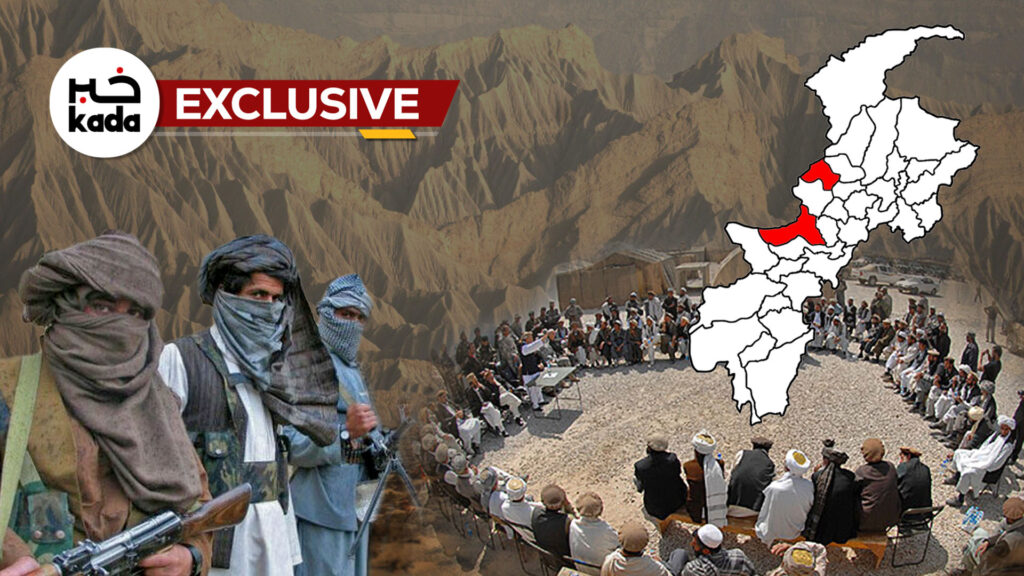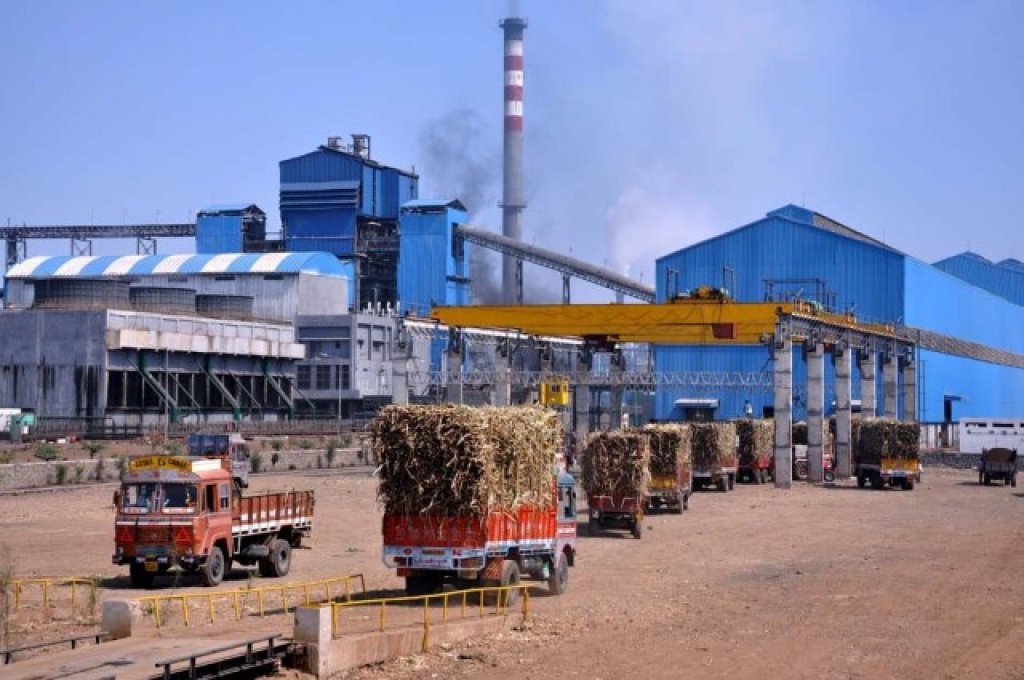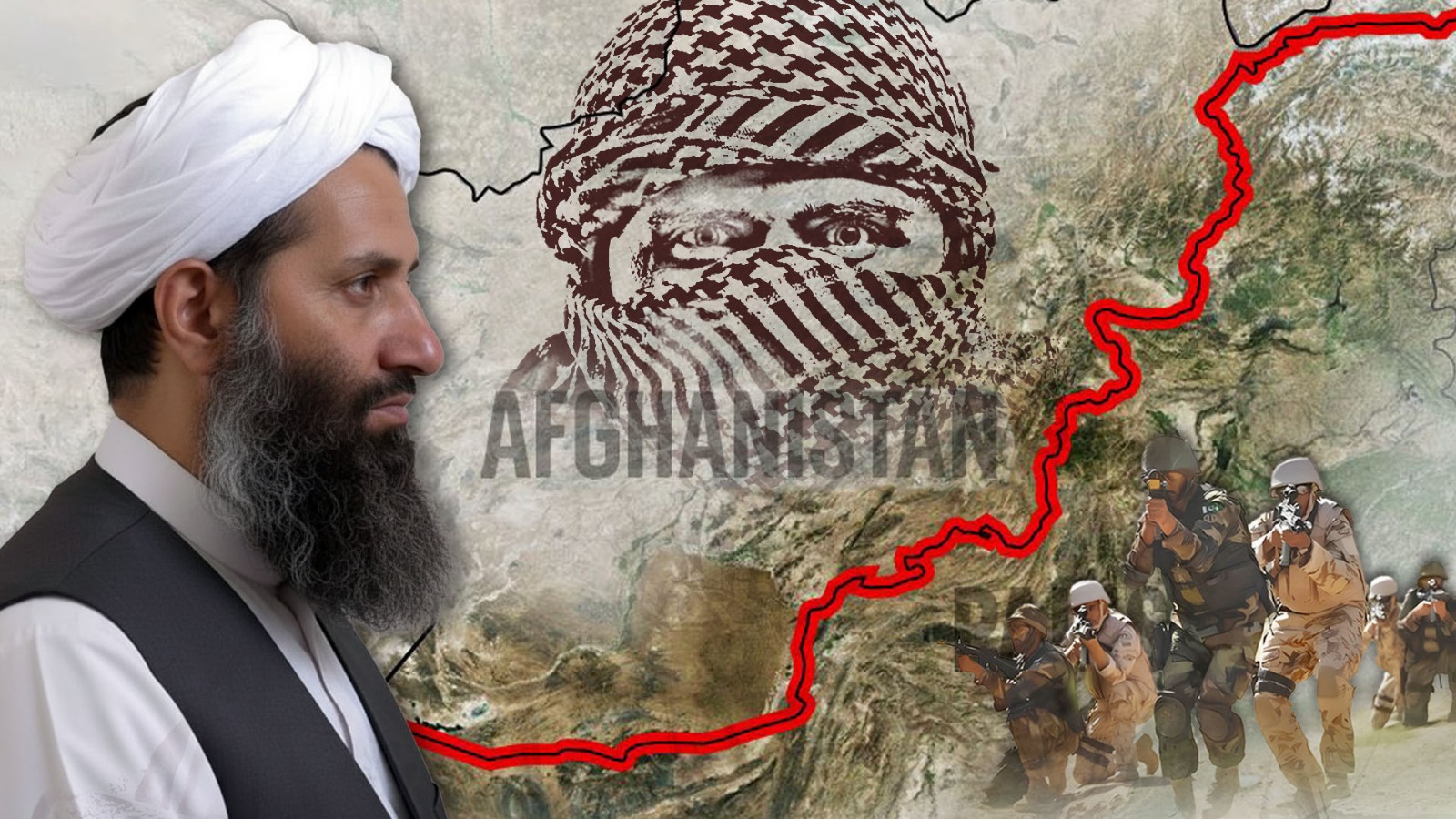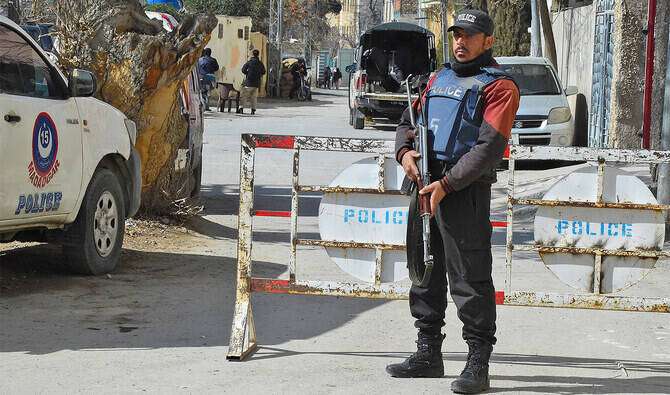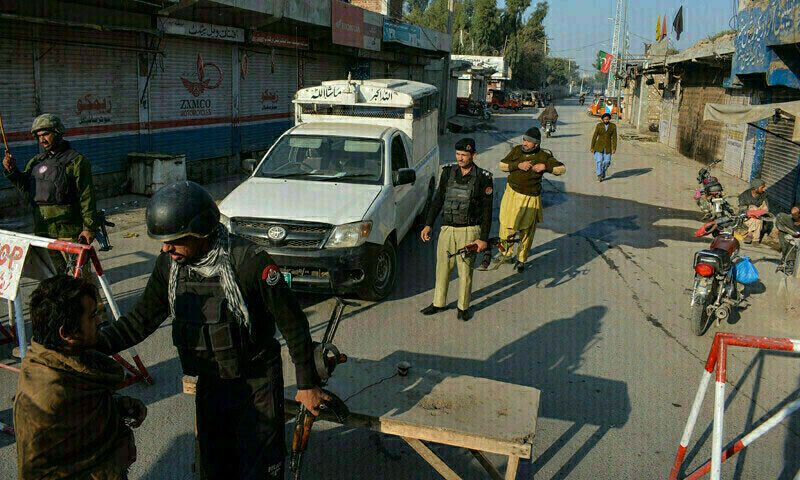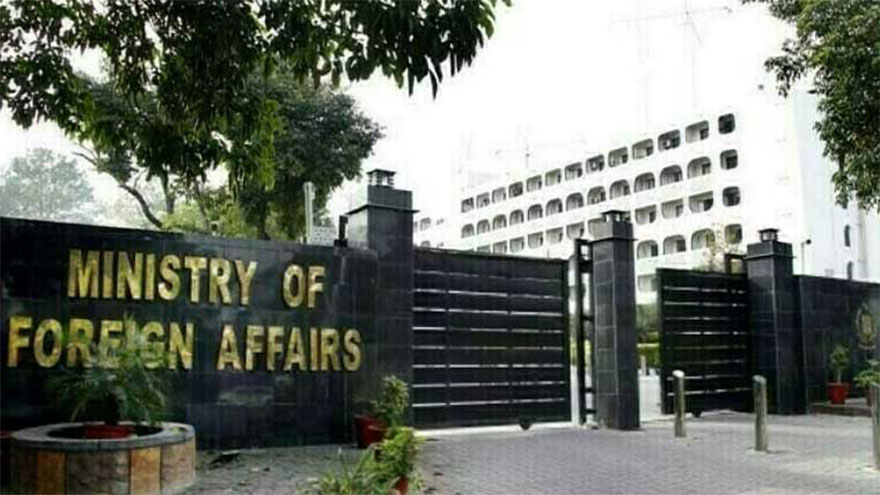“Terrorism has caused immense damage to our areas over the last two decades; our elders and notables were killed, and we lived the lives of refugees.
Now, we want this unrest to end.”
These are the sentiments expressed by a member of the Jirga from Khyber District in an exclusive conversation with Khabar Kada. This Jirga is currently engaged in negotiations with Afghan militants in the Tirah Valley. After meeting with Pakistani security officials on Thursday, the Jirga requested ten days to make the talks fruitful. Khabar Kada sought to understand the reasons behind the recent failures of similar Jirgas by gathering the perspectives of Jirga elders and other stakeholders in areas where the local population is now exhausted by and seeks an end to the actions of the proscribed Tehrik-i-Taliban Pakistan (TTP).
Tirah Valley: What Do the Terrorists Want?
In July of this year, local people in the Tirah Bar Qambar Khel area also held negotiations with armed groups in Afghanistan, attempting to prevent their operations in the region. At the time, Jirga members claimed the armed groups had accepted their demands. However, local security sources state that armed individuals are still present in the area and periodically attack convoys and personnel of the security forces.
Who is Responsible for the Failure of Negotiations in Bajaur?
In Bajaur, a three-day curfew was announced on July 27, enforced in 16 villages. According to security forces, the decision to launch operations in the area was based on intelligence reports concerning a large presence of terrorists in villages near the Afghan border and an increase in target killings. However, two days into the curfew, local residents began protesting against the displacement of people. Government officials and local elders formed a 50-member Jirga to negotiate with the armed groups, but these talks concluded without any results.
Obaidullah, a member of the Jirga, told Khabaar Kada that the Jirga members presented only two fundamental demands to the armed groups: that they either return to Afghanistan or leave the populated areas.
The Jirga also attempted for the armed groups to surrender and live their lives like other people, who pursue their goals through political struggle and live within society, Obaidullah said. He reported that the armed groups, in turn, demanded that they should be given the area up to Malakand and allowed to carry weapons with them. Obaidullah added that at one point, it became clear that the armed groups were receiving messages from Afghanistan stating, that we have sent you for war, not for negotiations, which ultimately led to the failure of the talks.
The Situation Following the Collapse of Negotiations
Following the failure of the talks, the Pakistani military forces conducted intelligence-based operations in various areas of Bajaur, and they have now cleared most of the villages of armed individuals.
The general public views armed groups with increasing hostility and fear. Local residents overwhelmingly desire the elimination of these groups and the establishment of peace to avoid military operations and the resulting loss and damage experienced in the past.
They believe the presence of armed groups is the primary obstacle to achieve this stability.
Obaidullah, a local elder from Salarzai, Bajaur, and a member of the Bajaur Jirga, stated that after military operations in 2009 and 2010, most armed individuals fled to Afghanistan. However, many have since returned to Pakistan from Afghanistan to carry out terrorist activities. Crucially, the public support armed groups enjoyed in 2006 and 2007 has decreased by over 95 percent, leaving only a handful of people still spreading unrest. This has led to a significant increase in public hatred toward them.
A resident of Tirah, speaking on condition of anonymity, highlighted the severe impact these groups have had on daily life. They report that local people cannot leave their homes at night due to fear. The armed individuals allegedly demand extortion money, enter homes forcefully, and demand food and weapons.
Failed Negotiations and Increased Attacks
Efforts to find a negotiated solution have been unsuccessful. In May 2022, tribal elders, religious scholars, and some government officials held talks with armed groups in Afghanistan, but these ended without any concrete results. The general consensus is that these negotiations were followed by an increase in attacks.
Analyst Perspective and Military Action
Defense expert (Retired) Brigadier Syed Nazir noted that the war on terror has stretched into two decades. Pakistan had anticipated that the issue would become simpler after the Taliban took power in Afghanistan, but the Afghan government has not taken the necessary steps to stop the terrorists operating there. Pakistani Taliban militants are still allegedly easily acquiring weapons, funds, and other essential resources for their fight from Afghanistan.
Brigadier Nazir explained that in areas like Tirah, Bajaur, and others, Pakistan attempted to resolve the terrorism problem through national jirgas, but these Jirgas failed.
Consequently, the military is left with only one option. This option was, that the gun should be responded with the gun. He added that following the failure of the jirgas, the military has increased covert operations and is inflicting heavy casualties on the terrorists on a daily basis.

